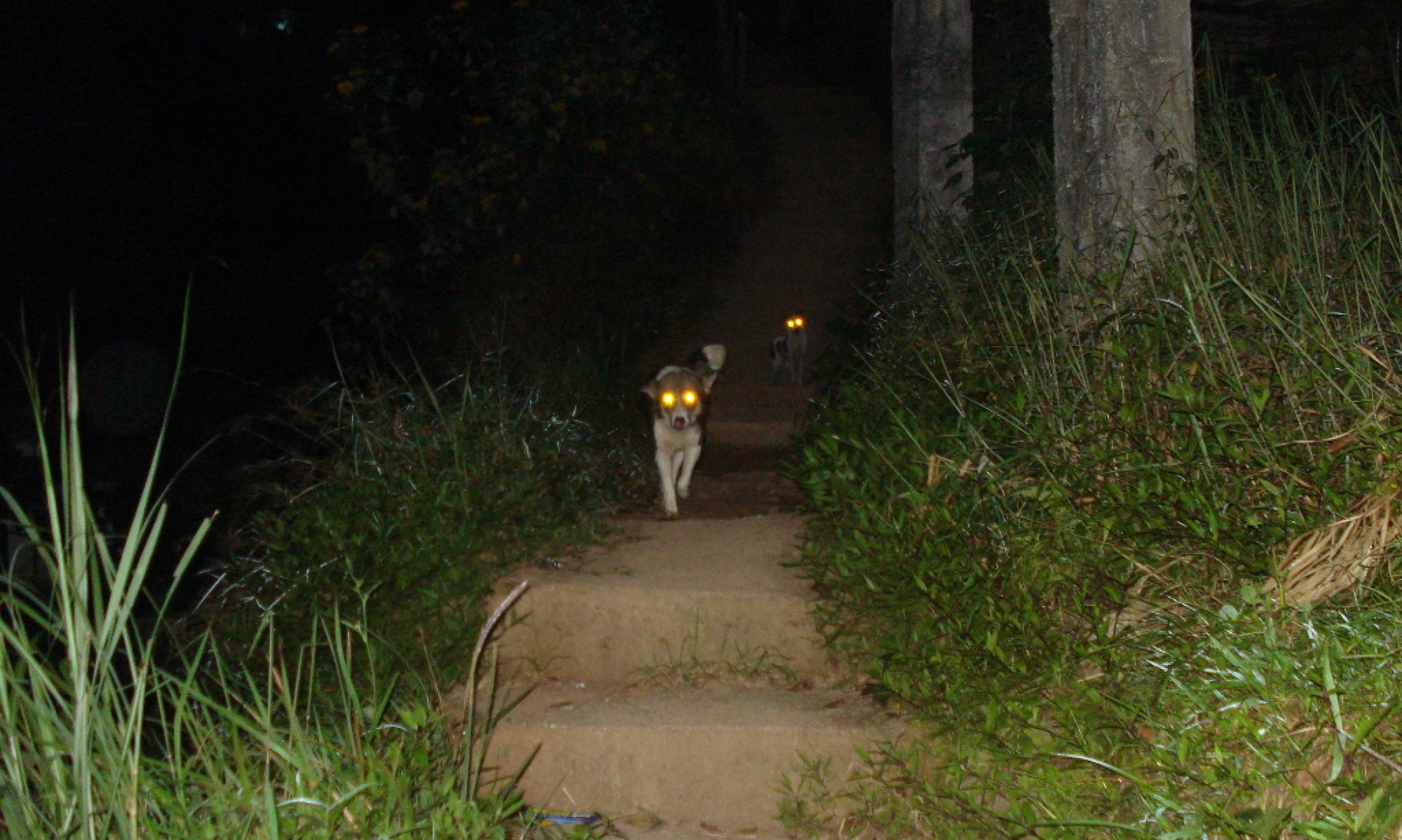
Some years back I attended a lecture on world English. The lecturer gave a very interesting presentation, with many insights that woke up a monster inside me from its long slumber. The presentation was about a study by Evelyn Nien-ming Ch’ien, when she was Assistant Professor of English at the University of Hartford.
The lecturer (whose name I still need to retrieve from my archives) quoted extensively from Ms. Ch’ien’s monumental 352-page work, which celebrated world English by tagging it as weird English. Explained simply, weird English is non-native English, which typically drops many of the arcane and complex rules of English grammar so that its non-native speakers can comfortably express their own cultures.
The lecturer asserted that “weirding” deprives English of its dominance and allows other languages to enjoy the same status by latching on to it while retaining their native forms of expression, even grammar. Pidgin English is one extreme form. A 50-50 code-switching hybrid like Taglish is another form. In any case, the lecturer insisted that weird English is good English.
The lecturer then proceeded to quote Indian poet Kamala Das:
I speak three languages, write in two, dream in one.
Don’t write in English, they said, English is
Not your mother-tongue. Why not leave
Me alone, critics, friends, visiting cousins,
Every one of you? Why not let me speak in
Any language I like? The language I speak
Becomes mine, its distortions, its queernesses,
All mine, mine alone.
It is half English, half Indian, funny perhaps, but it is honest,
It is as human as I am human, don’t
You see? It voices my joys, my longings, my
Hopes, and it is useful to me as cawing
Is to crows or roaring to the lions, it
Is human speech, the speech of the mind that is
Here and not there, a mind that sees and hears and
Is aware.
Now that I recall the lecture, it sounds like an approach I’m interested to take, at least in some of my Taglish writing. I’d like to try and give one of my two native languages (Tagalog and Ilokano) a modern spin without having to apologize to anyone. We must be oh so tired already of apologizing to anyone about our carabao Ingles. Enough already. Tama nah. Sobra nah. Sige nah, todo larga nah.
So if someone shows you some presumptuous article about the so-called “shy grammar of Tagalized English,” show them this blog piece. I speak half-English, quarter-Tagalog, quarter-Ilocano, and with a smattering of Español señor. At kung type kong i-mixup ang lahat, kabsat, I would if I could (or is that “I will if I can”), bahala kang maghabol sa tambol mayor kung saan mo a maawatan. So I speak weird English. So what? Por que no? It’s my linguistic rebellion. Why not coconut? #
Follow @junverzola
